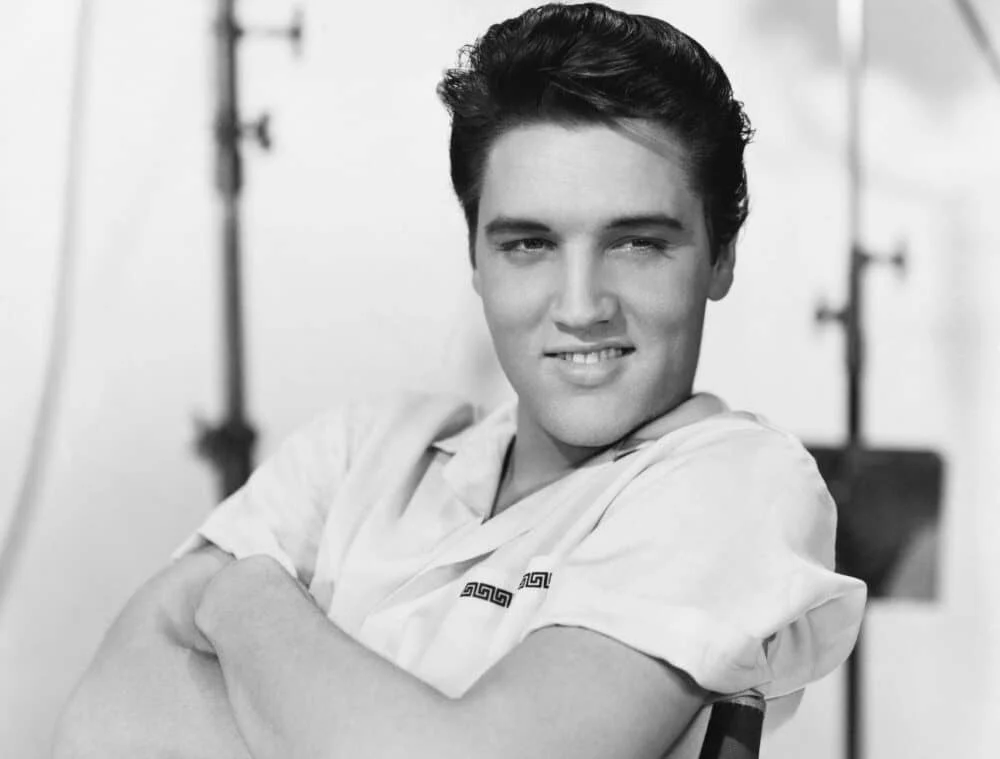Julia Child is celebrated worldwide as a culinary legend, but did you know that before she became a renowned TV chef, she worked as a top-secret research assistant for the Office of Strategic Services (OSS), which was formerly known as the CIA? Join us on a journey through Julia Child’s remarkable life, from her humble beginnings to her daring espionage adventures, and how she ultimately became the culinary icon we all know and love.
Julia Child, born Julia McWilliams, had a rather ordinary start in life. After earning a bachelor’s degree in English from Columbia University, she began her career as a clerk in the advertising department of W. & J. Sloane in New York City. Little did the world know that this unassuming clerk would one day change the culinary landscape forever.
As fate would have it, Julia’s life took a different turn during World War II. She attempted to enlist in the Women Accepted for Volunteer Emergency Service (WAVES) of the Navy but was rejected due to being two inches taller than the required minimum height. It was during this time that she met her future husband, Paul Child, who would play a pivotal role in shaping her culinary journey.
Julia’s path led her to the Office of Strategic Services, the precursor to the CIA, under the leadership of General William J. Donovan. Starting as an entry-level clerk, she quickly climbed the ranks to become a senior clerk. However, her journey took a thrilling turn when she volunteered as a research assistant in the OSS’s Emergency Rescue Equipment department.
Unusual Projects and Top-Secret Missions
Julia’s work in the OSS was anything but ordinary. She contributed to projects that involved studying whether soldiers lost at sea could survive by drinking liquids from a fish’s body and developing a shark repellent. Yes, you read that correctly—shark repellent! The navy faced the gruesome problem of sharks consuming sailors from sunken ships before rescue efforts could commence.
In 1944, Julia volunteered for a mission that would take her to India and China. Her role involved handling top-secret documents and information channeled to and from the OSS. She held high-security clearance and served as the Chief of the Registry of the OSS Secretariat. Her dedication and intellect earned her the admiration of Air Force intelligence officer Byron Martin, who described her as “a person of unquestioned loyalty, of rock-solid integrity, of unblemished lifestyle, and of keen intelligence.”
The Spy Who Almost Was
As World War II neared its end, Julia’s potential career as a spy was cut short. The sudden conclusion of the war, following the dropping of atomic bombs on Hiroshima and Nagasaki, left her with unfulfilled espionage aspirations.
Before her marriage to Paul Child, Julia was far from the culinary expert we remember today. In fact, she had a lifelong maid and was notoriously bad in the kitchen. However, her husband’s passion for food ignited her interest in cooking.
Upon moving to Paris after WWII, Julia embarked on a journey to educate herself in the art of cooking. Her early attempts were met with failure, but her husband, a skilled chef, became her mentor. Julia’s culinary talents truly began to flourish when she enrolled in the prestigious Cordon Bleu cooking school. Her dedication and love for French cuisine eventually made her a household name.
Little-Known Facts About the OSS
Julia Child was not the only notable figure associated with the OSS. Here are ten lesser-known facts about the Office of Strategic Services:
Moe Berg, a catcher for the Chicago White Sox, was recruited by the OSS for his remarkable multilingual abilities. He was fluent in languages such as Latin, Greek, Italian, French, Spanish, Japanese, Russian, Hebrew, and German. His missions included making contact with Norwegian guerrilla fighters in occupied Norway and gathering vital intelligence.
Berg’s OSS missions involved parachuting behind enemy lines, determining the effectiveness of resistance groups, and delivering aid to them. He even assisted in the destruction of a German facility attempting to manufacture an atomic bomb. Berg’s most intriguing mission saw him posing as a Swiss physicist attending a lecture in Germany to assess progress on nuclear weapon development.
President Harry S. Truman awarded Moe Berg the Medal of Freedom for his exceptional service to the OSS. Remarkably, Berg declined the honor, as he couldn’t divulge the circumstances surrounding his award.
Today, you can find Moe Berg’s baseball card displayed at CIA headquarters, a testament to his unique journey from the baseball diamond to espionage.
The OSS played a pivotal role in the creation of the world’s first SCUBA maritime force. Physician Christian J. Lambertsen, who developed the first self-contained underwater breathing apparatus, initially faced rejection by the U.S. Navy. However, the OSS recognized its potential and collaborated with Lambertsen to establish the maritime unit.
The OSS provided training and weaponry to resistance forces in regions surrounded or controlled by Axis countries. This included support for Mao Zedong’s Red Army in China and various other resistance groups.
In 1929, Secretary of State Henry Stimson decided to end the practice of the United States reading other countries’ mail. This led to the shutdown of MI-8, the original code-breaking organization within the State Department.
The kitchen featured in Julia Child’s television broadcasts was designed by her husband, Paul Child. Today, it is on display at the National Museum of American History, a testament to her enduring legacy.
Julia Child’s first venture into professional cookery involved collaborating with Simca Beck and Louisette Bertholle to create a French cookbook for Americans. This endeavor took ten years and faced multiple rejections from publishers before becoming the famous “Mastering the Art of French Cooking.”
In addition to her culinary skills, Julia Child was rumored to enjoy a variety of sports, including basketball, golf, tennis, and hunting.
The Legacy of Julia Child
Julia Child’s life is a testament to the extraordinary journeys that individuals can undertake. From her early career as a research assistant in the OSS to her transformation into a culinary icon, her story inspires us to embrace new passions and pursue our dreams.
On August 12, 2004, just two days before her 92nd birthday, Julia Child passed away due to kidney failure. Her contributions to the world of food and her intriguing espionage background ensure that her memory will continue to live on, inspiring generations to come.







